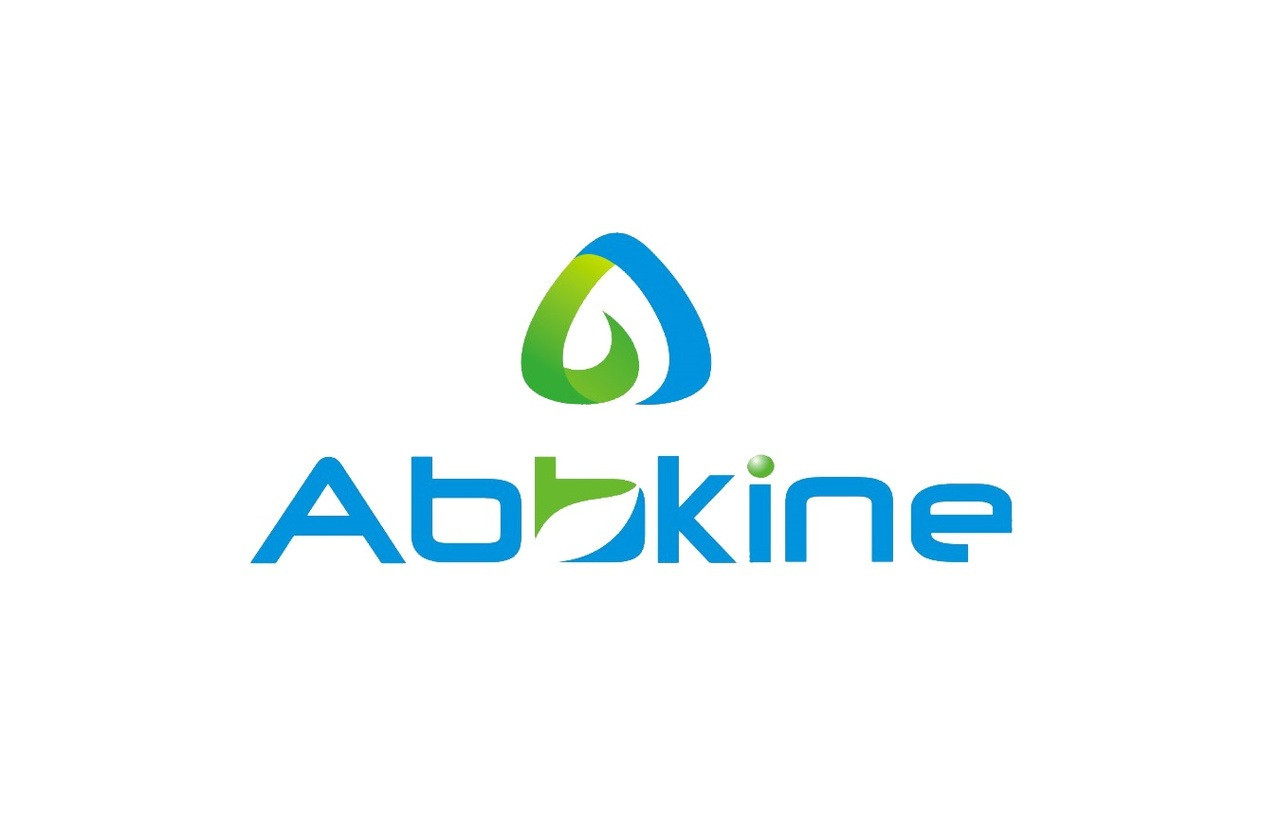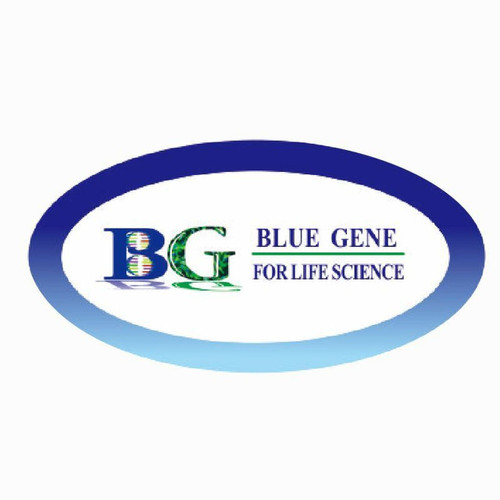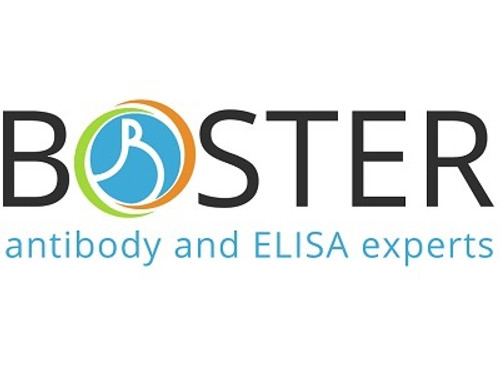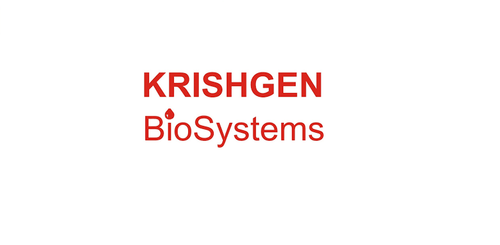Product Description
Human Aldo-keto reductase family 1 member B10 (AKR1B10) ELISA Kit | KTE60639 | Abbkine
Application: This Human Aldo-keto reductase family 1 member B10 (AKR1B10) ELISA Kit employs a two-site sandwich ELISA to quantitate AKR1B10 in samples. An antibody specific for AKR1B10 has been pre-coated onto a microplate. Standards and samples are pipetted into the wells and anyAKR1B10 present is bound by the immobilized antibody. After removing any unbound substances, a biotin-conjugated antibody specific for AKR1B10 is added to the wells. After washing, Streptavidin conjugated Horseradish Peroxidase (HRP) is added to the wells. Following a wash to remove any unbound avidin-enzyme reagent, a substrate solution is added to the wells and color develops in proportion to the amount of AKR1B10 bound in the initial step. The color development is stopped and the intensity of the color is measured.
Detection Method: Colorimetric
Conjugate: N/A
Sample Type: Cell culture supernatants#Serum#Plasma#Other biological fluids
Assay Type: Multiple steps standard sandwich ELISA assay with a working time of 3-5 hours. It depends on the experience of the operation person.
Kit Component: • Human Aldo-keto reductase family 1 member B10 microplate
• Human Aldo-keto reductase family 1 member B10 standard
• Human Aldo-keto reductase family 1 member B10 detect antibody
• Streptavidin-HRP
• Standard diluent
• Assay buffer
• HRP substrate
• Stop solution
• Wash buffer
• Plate covers
Features & Benefits: Human Aldo-keto reductase family 1 member B10 (AKR1B10) ELISA Kit has high sensitivity and excellent specificity for detection of Human AKR1B10. No significant cross-reactivity or interference between Human AKR1B10 and analogues was observed.
Calibration Range: Please inquire
Limit Of Detection: Please inquire
Usage Note: • Do not mix components from different kit lots or use reagents beyond the kit expiration date.
• Allow all reagents to warm to room temperature for at least 30 minutes before opening.
• Pre-rinse the pipet tip with reagent, use fresh pipet tips for each sample, standard and reagent to avoid contamination.
• Unused wells must be kept desiccated at 4 °C in the sealed bag provided.
• Mix Thoroughly is very important for the result. It is recommended using low frequency oscillator or slight hand shaking every 10 minutes.
• It is recommended that all samples and standards be assayed in duplicate or triplicate.
Storage Instruction: The unopened kit should be stored at 2 - 8°C. After opening, please store refer to protocols.
Shipping: Gel pack with blue ice.
Precaution The product listed herein is for research use only and is not intended for use in human or clinical diagnosis. Suggested applications of our products are not recommendations to use our products in violation of any patent or as a license. We cannot be responsible for patent infringements or other violations that may occur with the use of this product.
Background: Aldose reductase (AR) is an NADPH-dependent enzyme that was first identified by its ability to reduce glucose to sorbitol. The deduced 316-amino acid AKR1B10 protein shares 71% amino acid identity with AR. Northern blot analysis revealed that AKR1B10 is overexpressed in 54% of HCCs, while AR is overexpressed in 29% of HCCs. Northern blot analysis of normal tissues showed that unlike the ubiquitously expressed AR, AKR1B10 is expressed most abundantly in small intestine and colon, with lower levels in liver, thymus, prostate, testis, and skeletal muscle. AR and ARL1 reduce a similar spectrum of aromatic and aliphatic aldehyde substrates.Highest expression of AKR1B10 in adrenal gland, with modest expression in stomach, placenta, small intestine, and pancreas, and lower expression in all other tissues tested.
Alternative Names: AKR1B10; AKR1B11; AKR1B12; ALDRLn; ARL-1; ARL1; HIS; HSI; MGC14103; aldo-keto reductase family 1; member B10; aldo-keto reductase family 1; member B11 (aldose reductase-like) ; aldose reductase-like 1; aldose re
Search name: AKR1B10; AKR1B11; AKR1B12; ALDRLn; ARL-1; ARL1; HIS; HSI; MGC14103; aldo-keto reductase family 1; member B10; aldo-keto reductase family 1; member B11 (aldose reductase-like) ; aldose reductase-like 1; aldose re
Tag: AKR1B10
 Euro
Euro
 USD
USD
 British Pound
British Pound
 NULL
NULL












